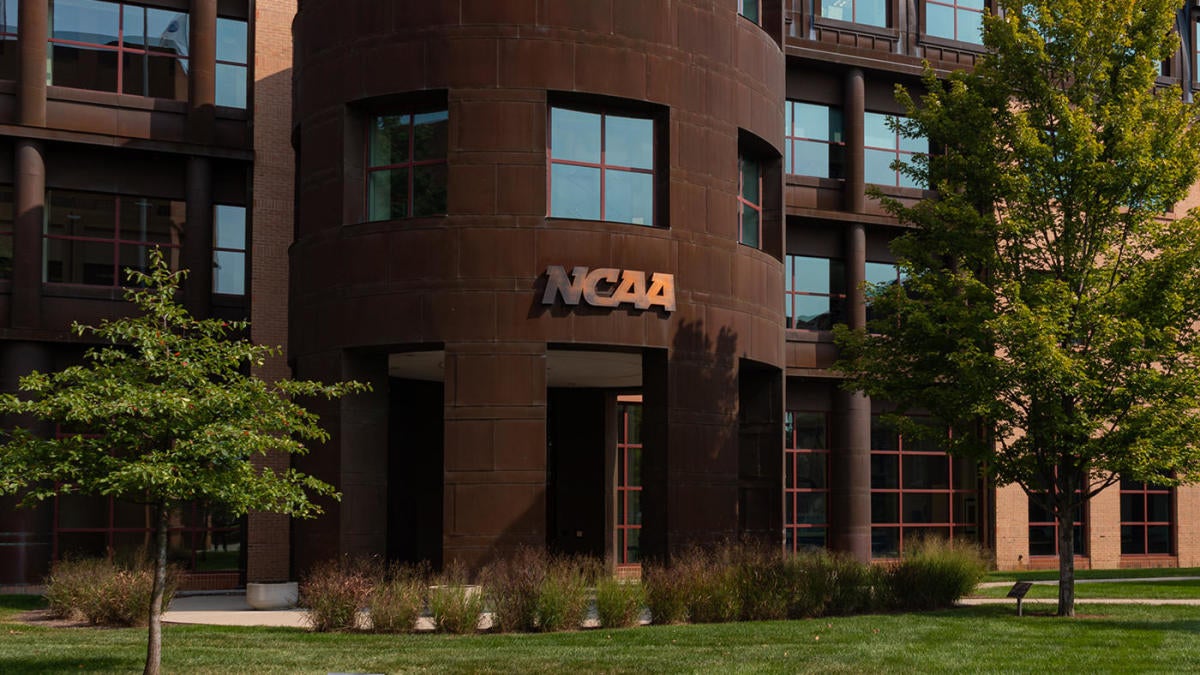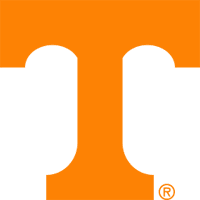SayUWantAreVOLution
Well-Known Member
- Joined
- Oct 5, 2019
- Messages
- 10,695
- Likes
- 13,203
Well, very arguably, if the schools hadn't been greedy for that TV money AND the fans hadn't been crazy for football on TV ...... we'd still be watching Jeff-Pilot, perhaps, and getting our butts sore in Neyland more often.Blame lies at the feet of the controlling body. They SHOULD have prepared. The NCAA has had damn near 3 years to make some sort of rules. They declined in DEC to meet with UT directly. They really haven't done much at all except point fingers and play favorites. They had their opportunity to come to the table with the SEC, Big and other conferences. What steps forward have been taken ? They chose to ignore doing anything.
Now they want to punish schools for violations that were not in effect until 14 months later. Sit down wipe the slate clean with all schools and put some real rules in place that are good for everyone. Small schools will never compete with the Larger state schools. Allow them to still get the payday games from big schools.
However the power 5 is really the Power 2. Those are the big money schools basically outside ND and a few others. Upsets will always happen, but in major CFB less endowed Schools are not competing much for the best players anyway. All parties will have to put together a model that works. Maybe have the SEC/ BIG put together a rules committee that governs football.
We'd also not have money turning this whole thing into pro sports.
I'll take my piece of the blame and the big revenue schools should too, but the NCAA has had decades to see this coming, many decades to see that players were under compensated by the scholarships and being illegally paid, and all that we've seen leading up to this.
The NCAA went to court, but they had no "plan B" and I'll bet their attorneys could've told them years ago they'd lose Alston. So, the NCAA definitely sucks and failed but the schools and us fans started the moneyball rolling.





